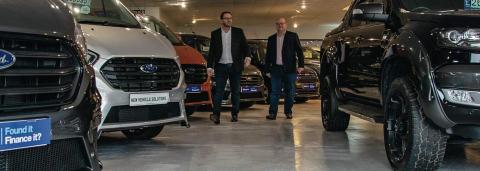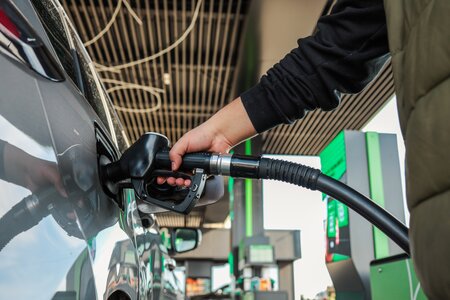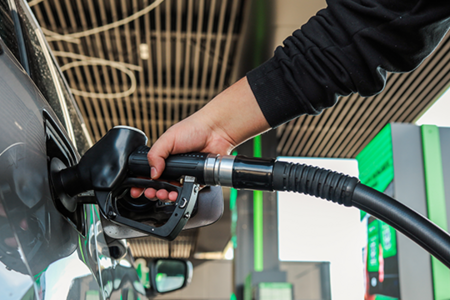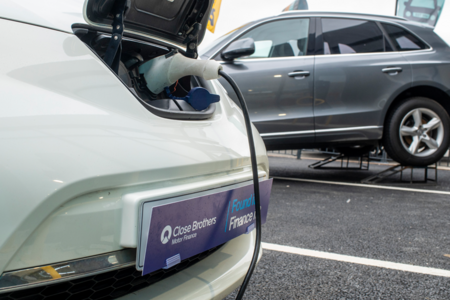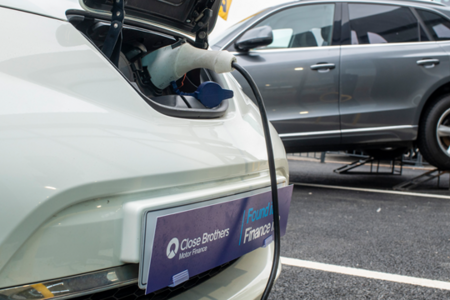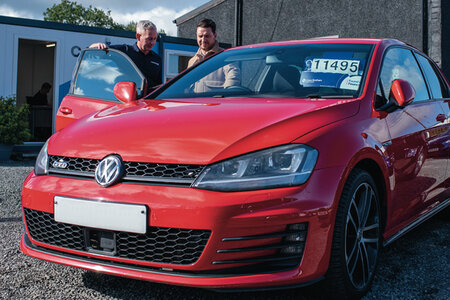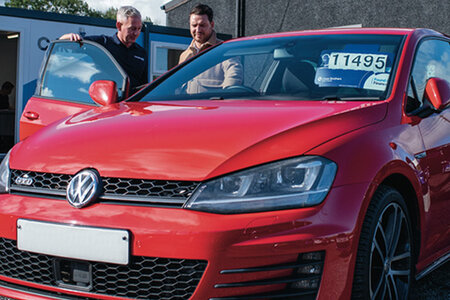Covid-19 has polarised the world, and the nation – including car buyers, according to research from episode one of the annual Britain Under the Bonnet report, from Close Brothers Motor Finance. Well over a third (38%) of drivers are more likely to delay buying a car due to the economic uncertainty caused by Covid-19 and Brexit, while 12% have brought forward their plans.
The fifth edition of the report, which lifts the lid on the UK’s motor industry, reveals that the number of people delaying their buying plans due to economic uncertainty has almost doubled in a year (from 22% to 38%). But on the other hand, Covid-19 has accelerated car demand for 12% of drivers, including a quarter (25%) of 17-24 year olds who plan to buy a car sooner than they’d planned.
And it’s not just when people buy a car which has been affected, but what type and how. 14% of drivers are more likely to buy a used car, and 12% will go for a cheaper car. 8% of drivers are more likely to buy using finance, while the same number are less likely to do so.
Not everyone has been affected equally. When it comes to car ownership, there are drastic splits in public opinion, with age being the most differentiating factor. Younger people have been hit especially hard by the pandemic’s impact on unemployment and financial health. A mere 10% of those aged 17-24, and 15% of those aged 25-34, say that economic uncertainty has not impacted the way they think about buying a car – this figure shoots to a huge 45% of drivers aged over 55.
Despite a third of motorists feeling hesitant about purchasing a new vehicle, consumers across all age groups admitted that they do intend to turn to their cars more often – well over a third (37%) of drivers say they’re going to drive more this year. This is led by 65% of 17-24 year olds, and 52% of 25-34s. The main reasons for this are a reticence to use public transport (20%), working from home meaning more driving in the day (10%), and looking after vulnerable relatives (9%). 3% of all drivers expect to drive more as they’ve taken up a job as a delivery driver, including one in ten (10%) drivers aged 17-24.
Conversely, 33% of drivers will drive less, including 39% of those aged 55+ and 37% of 45-54 year olds. The main motivators for this are people leaving the house less (20%) and a lower expectation to commute (18%).
The research found that those living in cities are most likely to drive more since the pandemic as they don’t want to use public transport (29%, compared to 20% average), whereas those in rural areas are likely to drive less as they aren’t leaving the house as much (28%, compared to 21% of villagers and 14% of those in the city)
Seán Kemple, Managing Director of Close Brothers Motor Finance commented: “2020 was set to be a year of recovery for the UK’s motor industry, but instead Covid-19 brought, as with so with many other sectors, unparalleled challenges. We will recover, and we must seize the opportunity to ‘build back better’. Many trends in our sector have been accelerated, and we’ll start to see the real impact of the speed of change as we move through this year.
“Some customers will be relatively unchanged in their car-buying and usership habits this year, but others will have made drastic changes to their lives and their plans for the future. More customers than before are likely to be classed as vulnerable, having lost their jobs, seen a fall in their disposable income, or experienced health problems. This means the sales process will need to be more personalised, and more considered – and dealers might need more hands-on support from their finance partner to ensure the sale is in the best interests of them and their customers.”
